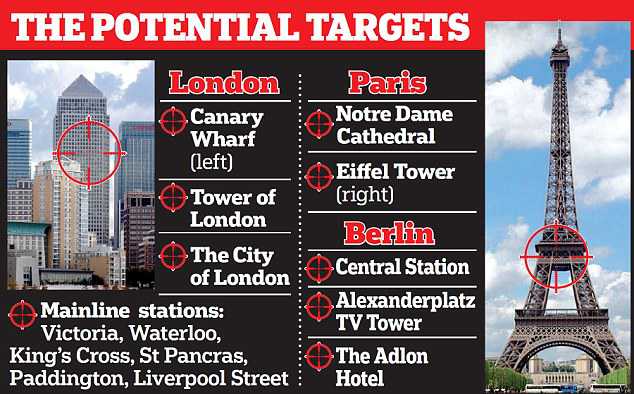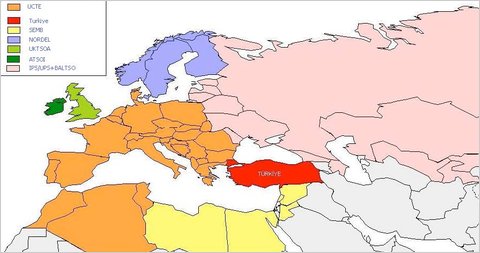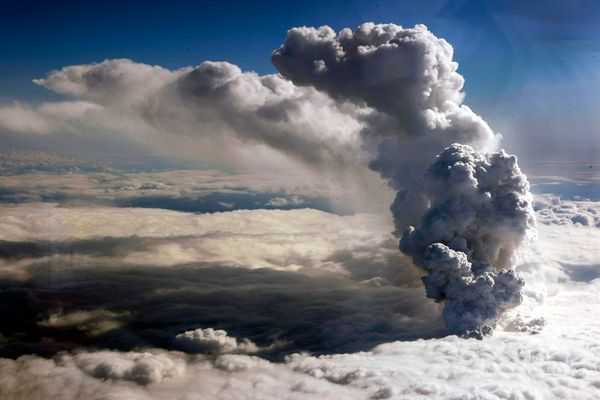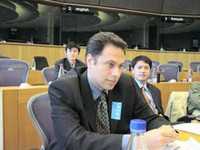It is feasible that the euro will not survive the current sovereign debt crisis sweeping Europe, one of the Treasury’s leading independent forecasters has said.

Under questioning from MPs on the Treasury Select Committee, Stephen Nickell, a member of the Office for Budget Responsibility (OBR) and a former Bank of England rate-setter, said a collapse of the single currency was “a possibility”.
Attempting to defy Germany, the eurozone’s powerhouse and the nation that will provide the bulk of any rescue fund, Belgian Finance Minister Didier Reynders called for the €440bn bail-out fund to be expanded, while Luxembourg Finance Minister Jean-Claude Juncker and Italian counterpart Giulio Tremonti outlined proposals for a joint European government bond.
However, Germany, the Netherlands and Austria on Monday pitched themselves against weaker member states by insisting the rescue package should not be increased. Finance ministers from the 16 member nations were debating the bail-out plans late into the night.
Mr Juncker and Mr Tremonti’s “E-Bonds” would be sold by a European Debt Agency, created as early as this month, to finance as much as 50pc of the issuances by EU members. For troubled members, like Ireland and Portugal, it could fund the entire bond issue.
However, Angela Merkel, the German Chancellor, quickly dashed hopes by rejecting the idea as unworkable and stating: “I see no need to expand the fund right now.”
As market fears revived, the cost of insurance for Irish, Greek, Portuguese, Italian and Spanish sovereign debt rose. Bond yields were also higher as institutions shunned governments.
Ireland, which faces a crucial vote on its debt reduction plans on Tuesday, offered some rare good news as the government appeared to have won sufficient parliamentary support to push the plans through and qualify for the €85bn bail-out package.
On the euro, Mr Nickell said: “There is a possibility it will collapse but at the moment it is not something to which I subscribe a very high probability.” Asked to estimate the probability he said: “1.7pc”.
Meanwhile, European Central Bank (ECB) Governing Council member Nout Wellink said it is not the central bank’s task to rescue euro-area countries with funding problems.
“It’s not up to the ECB to save countries where governments run the risk of becoming insolvent,” Wellink, who also heads the Dutch central bank, said. “We are not here to take over, on our balance sheet, the risks of the national economies of Europe.”
Ten-year bond yields
Greece: 11.393 (+0.39)
Ireland: 7.916 (+0.1)
Portugal: 5.701 (-0.1)
Spain: 5.080 (+0.9)
Italy: 4.461 (+0.7)
The Telegraph






